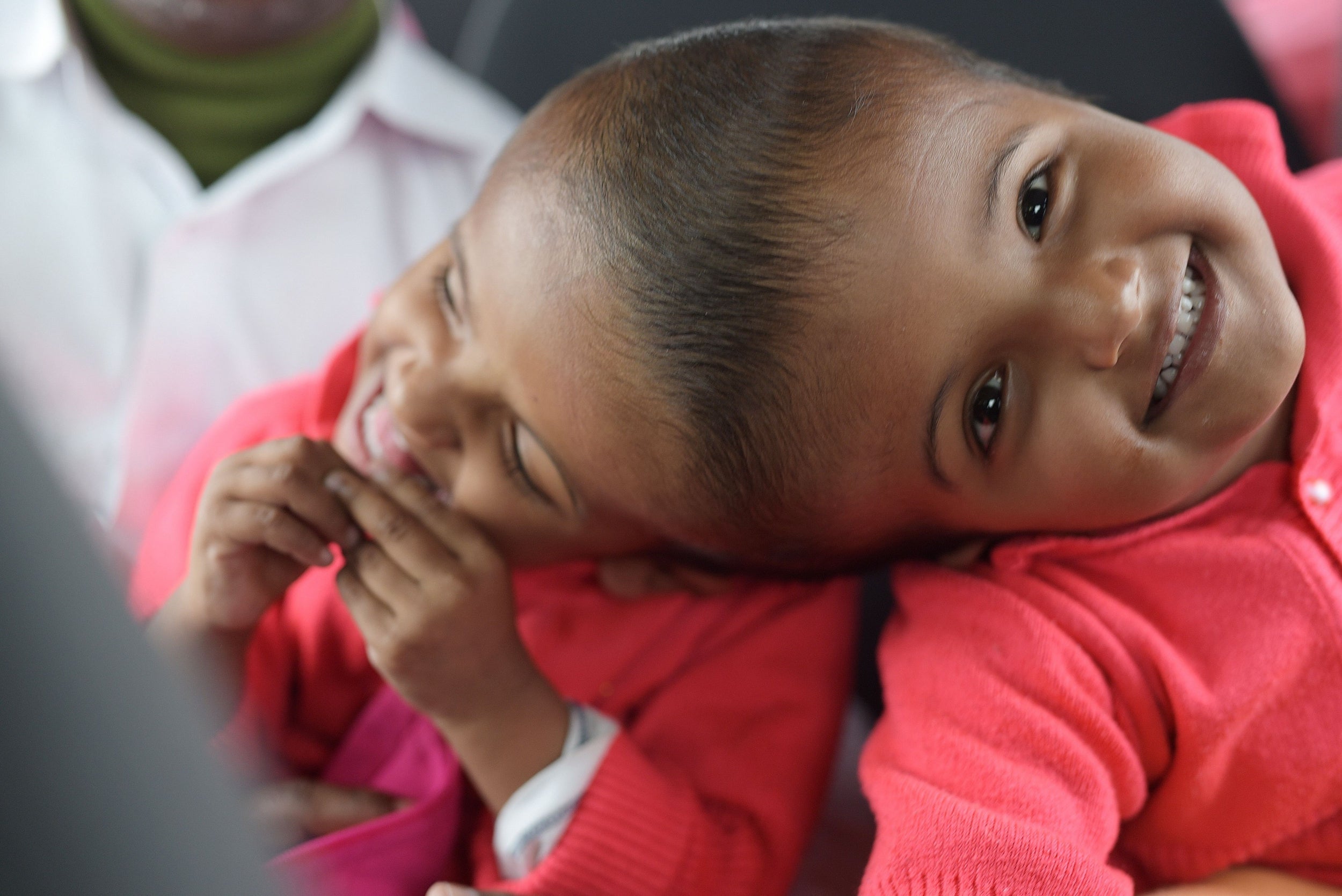Bangladeshi girls born conjoined at head successfully separated by 35-strong medical team
Three operations needed to separate craniopagus-type twins

Your support helps us to tell the story
From reproductive rights to climate change to Big Tech, The Independent is on the ground when the story is developing. Whether it's investigating the financials of Elon Musk's pro-Trump PAC or producing our latest documentary, 'The A Word', which shines a light on the American women fighting for reproductive rights, we know how important it is to parse out the facts from the messaging.
At such a critical moment in US history, we need reporters on the ground. Your donation allows us to keep sending journalists to speak to both sides of the story.
The Independent is trusted by Americans across the entire political spectrum. And unlike many other quality news outlets, we choose not to lock Americans out of our reporting and analysis with paywalls. We believe quality journalism should be available to everyone, paid for by those who can afford it.
Your support makes all the difference.Two Bangladeshi girls who were born conjoined at the head have been successfully separated by a medical team comprised of 35 doctors.
The three-year-old sisters, Rabeya and Rukaya, were in a stable condition after the 30-hour procedure ended on Friday at a military hospital in Dhaka, the Bangladeshi capital.
The medical team of a Hungarian charity, Action for Defenseless People Foundation, led the operation.
The separation process dubbed "Operation Freedom" was a cooperative effort between doctors from both countries.
Three operations were needed to separate the craniopagus-type twins. Their condition is a rare phenomenon that affects one in every 2.5 million live births.
The process began last year in Dhaka with the separation of the shared cerebral vein parts.
Earlier this year, in Budapest, the twins were implanted with a special, Hungarian-designed system to expand their skin and soft tissue.
Following the successful second surgery, Andras Csokay, the neurosurgeon involved in the case, told Euro News it was a very complicated surgery with a high-mortality rate.
“The conditions of the twins are stable, but complications are possible,” the organisation said.
It said despite the risks the surgery would give the girls “better life opportunities” and open the door to new treatment options for other conjoined twins.
The news follows a similar story of conjoined twins, Safa and Marwa Ulah, from Pakistan. In July, the girls, aged two, were successfully separated after a series of operations carried out at Great Ormond Street Hospital in London.
Their operations, totalling over 50 hours, were paid for by a private donor and used more than 100 members of hospital staff.
Additional reporting by AP
Join our commenting forum
Join thought-provoking conversations, follow other Independent readers and see their replies
Comments